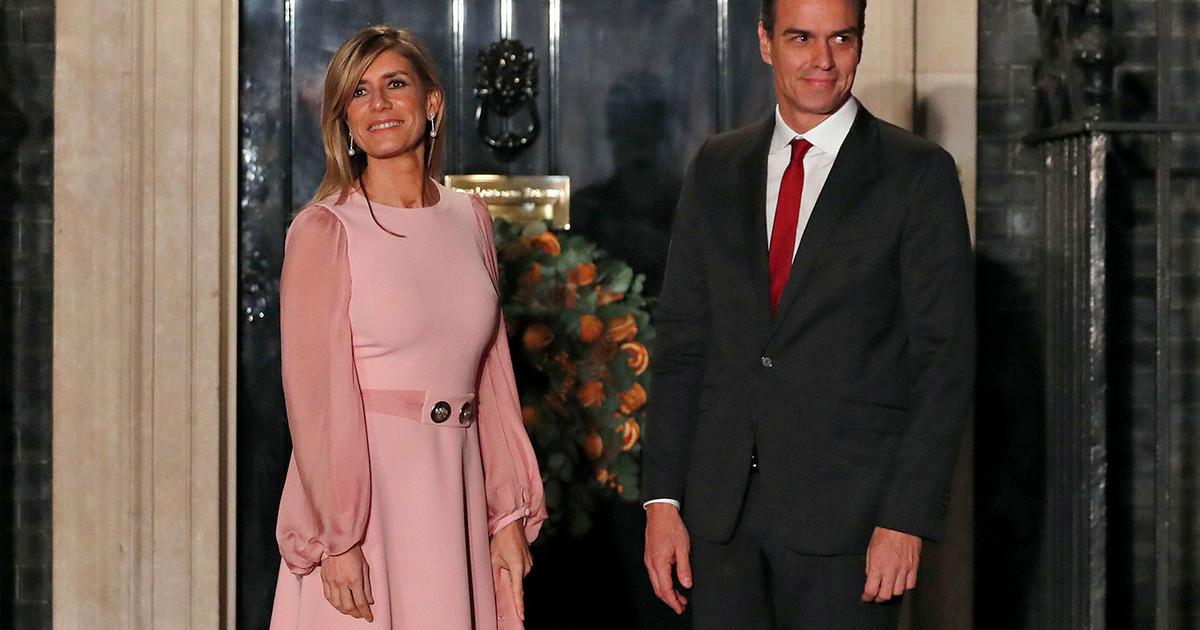The publication of a preliminary study by the Butantan Institute on the effectiveness of Coronavac against Ômicron upset members of the scientific community who point out that the data are insufficient and are being misinterpreted.
Butantan announced this week that Coronavac fights the new variant of the coronavirus, to the point of overlapping with Pfizer, based on a study conducted by Chinese researchers from Fudan University and the University of Traditional Chinese Medicine, Shanghai, Jinan University, in Guangdong, and the University of Hong Kong.
The material was published in the scientific journal Emerging Microbes & Infections.
According to Butantan, the laboratory test showed, preliminarily, a lower loss of antibodies against Ômicron, which would have led to the supposedly mistaken conclusion that Coronavac neutralizes the virus more than the Pfizer vaccine.
For the infectologist, Renato Kfouri, director of the Brazilian Society of Immunizations (SBIm), the data are not complete. “The data are preliminary to reach any kind of conclusion about the effectiveness of Coronavac against the Ômicron variant,” he told CNN.
Other experts consulted by the CNN went further and criticized the study. The number of samples was considered without statistical significance.
Another observation is that even if it records good virus neutralization, it would not compensate for the total number of antibodies produced by the Pfizer vaccine.
Marco Aurélio Palazzi Sáfadi, president of the Department of Infectious Diseases of the Brazilian Society of Pediatrics, told CNN that data is limited and there is no way to compare analyzes in a controlled laboratory environment with real life.
“An important limitation of the in vitro laboratory data is that there is no direct correspondence between these results and the effectiveness of vaccines in the real world for disease prevention, especially for the prevention of severe forms. We had access to laboratory studies to evaluate Coronavac’s performance against Ômicron. These studies have shown that there is a great loss in the production of neutralizing antibodies to Ômicron, anticipating a concern with what should happen in the real world with the protection offered by the vaccine for the disease”, he said.
One of the studies to which Sáfadi refers is the one carried out by a group of researchers, including Brazilians, linked to Yale University, in the United States, and which points out that three doses of Coronavac do not offer the desired immunity against new variants of the coronavirus.
A CNN forwarded the criticisms to Butantan. In response, the Institute stated that it “trusts the study”. “The studies published by the Butantan Institute undergo a careful analysis”, says the note. The text also informs that there is a compilation of studies that prove the effectiveness and safety of the vaccine: https://butantan.gov.br/noticias/instituto-butantan-lanca-dossie-de-estudos-cientificos-que-comprovam- the-effectiveness-and-safety-of-coronavac .
Vaccine performance
As a counterpoint to what Butantan claims, the same Yale study concludes that people initially vaccinated with Coronavac get better results if they use Pfizer as a third dose and not Coronavac itself.
“It is likely that heterologous doses (with mRNA vaccines such as Pfizer and Moderna) will be needed to restore protection in previously vaccinated with Coronavac. It is important to note that so far there are no published data on the effectiveness of vaccinated with Coronavac against Ômicron”, added Sáfadi.
Messenger RNA vaccines like Pfizer’s tend to produce more antibodies than inactivated virus vaccines like Coronavac.
Next week, the Lancet magazine publishes, in full, one of the studies that demonstrate the performance of Coronavac. The survey on Ômicron is pioneering and has funding from the Ministry of Health, in partnership with the University of Oxford and the D’Or Institute for Research and Teaching. The study recalls that Coronavac does not have a definitive registration for use in Brazil until today.
Reference: CNN Brasil






